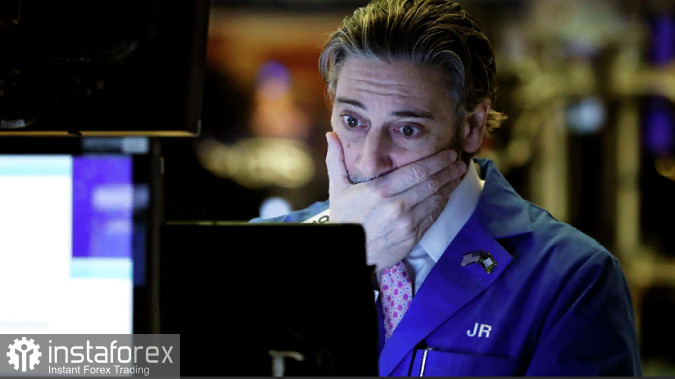
European stock indexes fell tracking a late sell-off on Wall Street on Friday. Moreover, the EU energy crisis worsened ahead of the central bank's key meeting later this week.
The Stoxx50 index lost 1.6%, reducing gains by 2% on Friday. Energy stocks rose significantly, while shares of technology, construction, and chemical sectors declined.
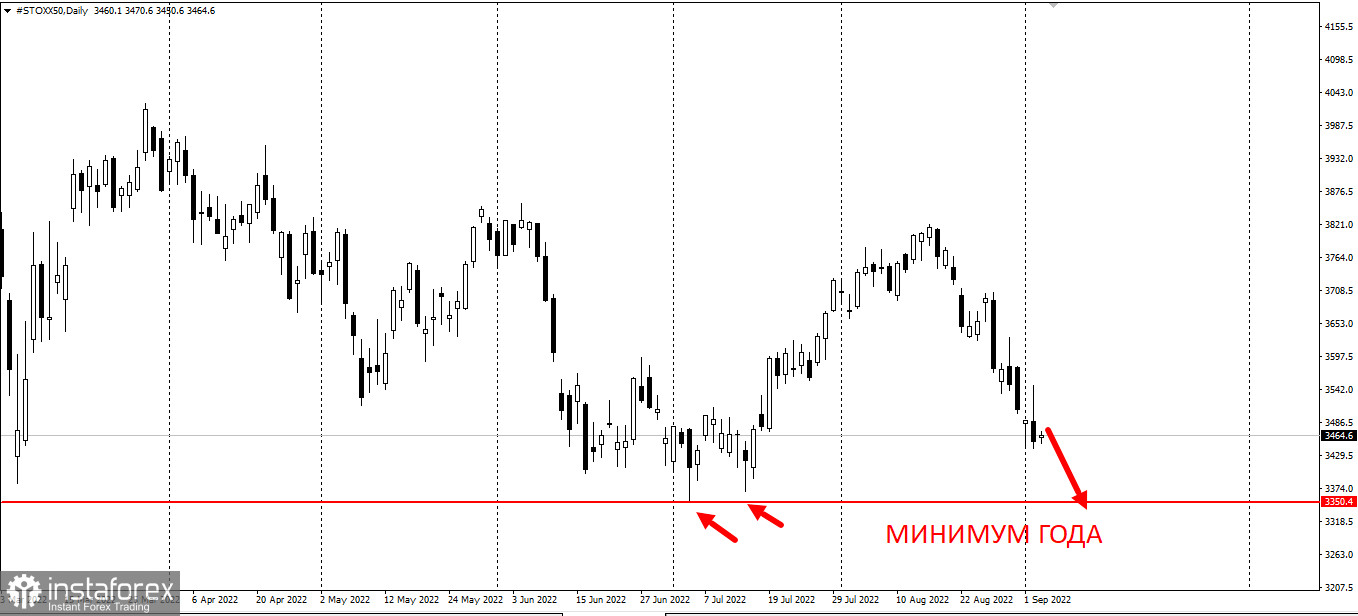
News broke that Russia's Gazprom halted its key pipeline indefinitely. Investors are worried as Europe is considering energy rationing this winter and even a possible blackout. Moreover, the European Central Bank is due to raise its benchmark rate by 75 basis points on Thursday.
The energy crisis occurs during a volatile time in the EU. Currently, economic growth is slowing, consumer prices are rising. At the same time, the central bank has just started to raise interest rates. The Stoxx50 index has fallen over the past three weeks and almost reversed its summer rally. Exerting pressure on stocks, the euro dropped below $0.99 as the deepening energy crisis would accelerate inflation and hit Europe's economic growth even harder.
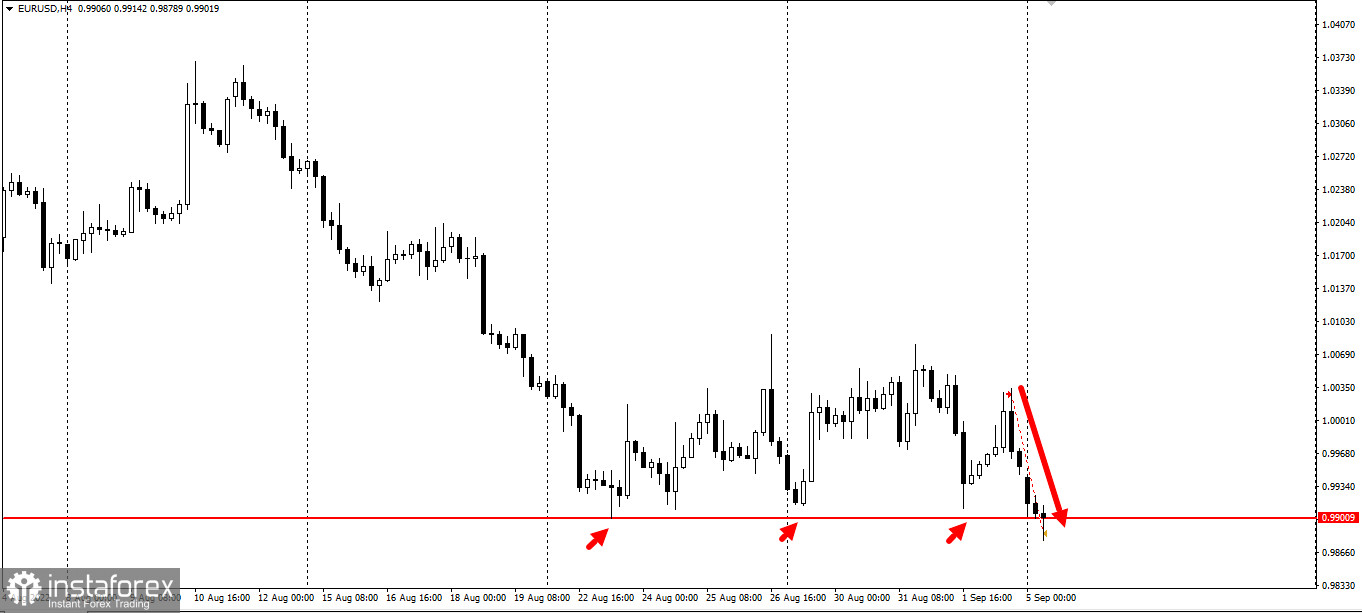
The EU authorities are trying to overcome the crisis by taking various measures. Germany unveiled a bailout plan worth about 65 billion euros ($64.3 billion), while Finland said it would stabilize the power market with a $10 billion program. Sweden also announced that it would set up a $23 billion emergency backstop for its utilities, seeking to avert a more severe financial crisis. Meanwhile, European ministers will discuss special measures to curb rising energy prices at Friday's meeting.
US stock indexes started falling in late trading on Friday and ended the session lower, capping a third weekly decline as investors still worry about possible Fed's sharp interest rate hike.
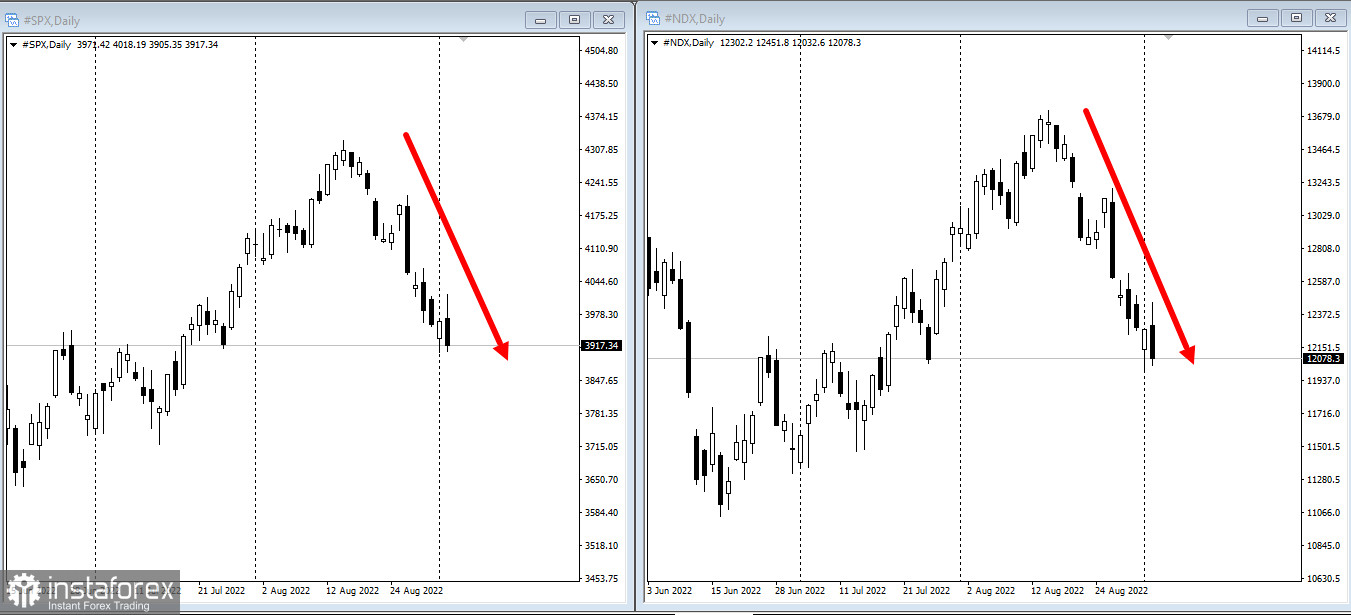
"The outlook for European growth remains pretty dire," chief investment officer at Flowbank SA Esty Dwek said. "We remain cautious on European equities, and see the euro staying under pressure as the preferred tool for markets to express their worries."
Morgan Stanley strategists said that European profit margins could see their biggest drop since the global financial crisis amid a growing energy crisis and high inflation. The outlook for stocks remains negative despite the fact that a lot of bad news is priced in.
Bloomberg Intelligence strategists Laurent Douillet and Tim Craighead said news about the lack of resumption of Nord Stream gas deliveries does not change their below-consensus central scenario for the Euro Stoxx 50 earnings per share estimates for 2023.
"A full stop to all Russian deliveries is the key risk, together with a cold, dry winter that increases gas demand much further," they wrote in a note.
The FTSE 100 fell by 0.7%, while the FTSE 250 lost 1%.
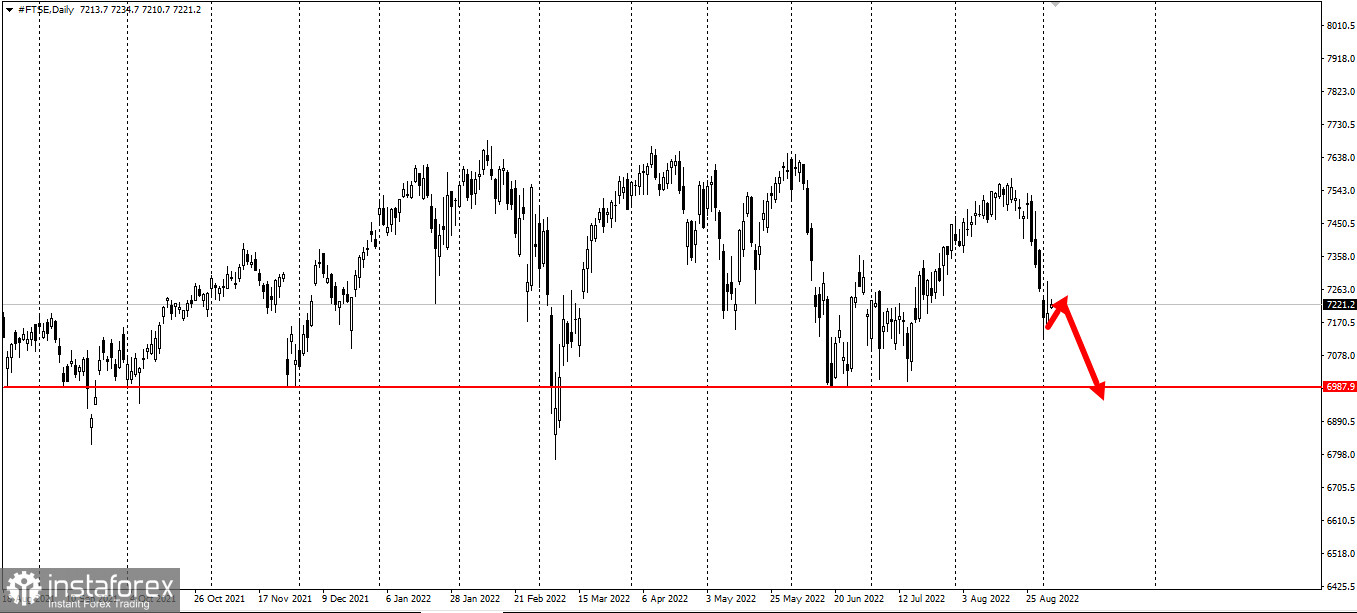
The ruling Conservative Party is about to announce who will replace Boris Johnson as the UK Prime Minister as Liz Truss is the absolute favorite among bookmakers. Voting in the two-month contest ended on Friday, and the results are due to be announced at 12:30 pm in London. They could affect banks, utilities, oil companies, and retailers.





















